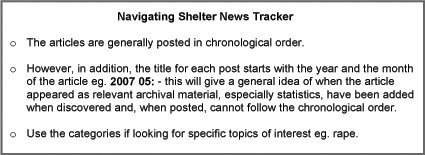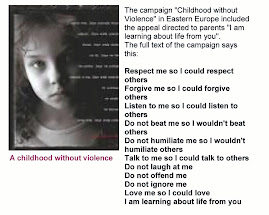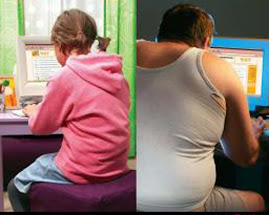

Friday, 6 April 2007
2007 01: Editorial: Papers, please
NST online. Columns. 30/01/07
EVERY child has the right to an identity, and citizenship is the foundation of that identity.
Without it, the child is likely to be denied an education, although the Education Act was amended in 2002 to make primary education compulsory. And while all may have access to government medical care, non-citizens are charged more than the local rates. As for adults without documentation, legitimate jobs will be out of reach.
Yet more than 3,000 have sought help over the past two years because they have neither birth certificates nor identity cards, and are unable to claim their rights as Malaysian citizens.
The Constitution guarantees citizenship for every person born in Malaysia on or after Malaysia Day (Sept 16, 1963), as long as at least one parent is a citizen or a permanent resident (PR).
Why, then, have thousands of children fallen through the net? Some were born out of wedlock. According to the National Registration Department, in such cases their citizenship follows that of the mother, so they are ineligible if their mothers are not Malaysians. Some applications for birth certificates are rejected by the NRD because documentation is incomplete, while some applications for identity cards are turned down because of mistakes in the birth certificates.
Adopted children also have difficulty getting ICs if their adoptive parents don’t follow the right procedures. Some parents are also ignorant of the need to get these vital documents for their children.
A nationwide campaign to educate parents about the importance of documentation would help ensure that no more children continue to be "stateless" and could also help unearth far more than the 3,000 plus cases that have surfaced. All parents should know how to register a birth and which documents are required. If parents are unmarried or illiterate, that should not deprive a child of citizenship. Streamlining the process would help those baffled by the paper-chase, while sensitising NRD officials would encourage a more pragmatic approach to the special problems of stateless children and their parents.
Meanwhile, pending cases should be speedily heard and resolved. At the very least, the applicants should be issued with birth certificates. PR status would be even better but the ideal would be full citizenship.
The Constitution also empowers the government, "in such special circumstances as it thinks fit", to register anyone under the age of 21 as a citizen. This should be seriously considered for these "paperless" children. And while the paperwork is being tackled, these children should have immediate access to schools as well as local rates at government hospitals.
EVERY child has the right to an identity, and citizenship is the foundation of that identity.
Without it, the child is likely to be denied an education, although the Education Act was amended in 2002 to make primary education compulsory. And while all may have access to government medical care, non-citizens are charged more than the local rates. As for adults without documentation, legitimate jobs will be out of reach.
Yet more than 3,000 have sought help over the past two years because they have neither birth certificates nor identity cards, and are unable to claim their rights as Malaysian citizens.
The Constitution guarantees citizenship for every person born in Malaysia on or after Malaysia Day (Sept 16, 1963), as long as at least one parent is a citizen or a permanent resident (PR).
Why, then, have thousands of children fallen through the net? Some were born out of wedlock. According to the National Registration Department, in such cases their citizenship follows that of the mother, so they are ineligible if their mothers are not Malaysians. Some applications for birth certificates are rejected by the NRD because documentation is incomplete, while some applications for identity cards are turned down because of mistakes in the birth certificates.
Adopted children also have difficulty getting ICs if their adoptive parents don’t follow the right procedures. Some parents are also ignorant of the need to get these vital documents for their children.
A nationwide campaign to educate parents about the importance of documentation would help ensure that no more children continue to be "stateless" and could also help unearth far more than the 3,000 plus cases that have surfaced. All parents should know how to register a birth and which documents are required. If parents are unmarried or illiterate, that should not deprive a child of citizenship. Streamlining the process would help those baffled by the paper-chase, while sensitising NRD officials would encourage a more pragmatic approach to the special problems of stateless children and their parents.
Meanwhile, pending cases should be speedily heard and resolved. At the very least, the applicants should be issued with birth certificates. PR status would be even better but the ideal would be full citizenship.
The Constitution also empowers the government, "in such special circumstances as it thinks fit", to register anyone under the age of 21 as a citizen. This should be seriously considered for these "paperless" children. And while the paperwork is being tackled, these children should have immediate access to schools as well as local rates at government hospitals.
Subscribe to:
Post Comments (Atom)



No comments:
Post a Comment